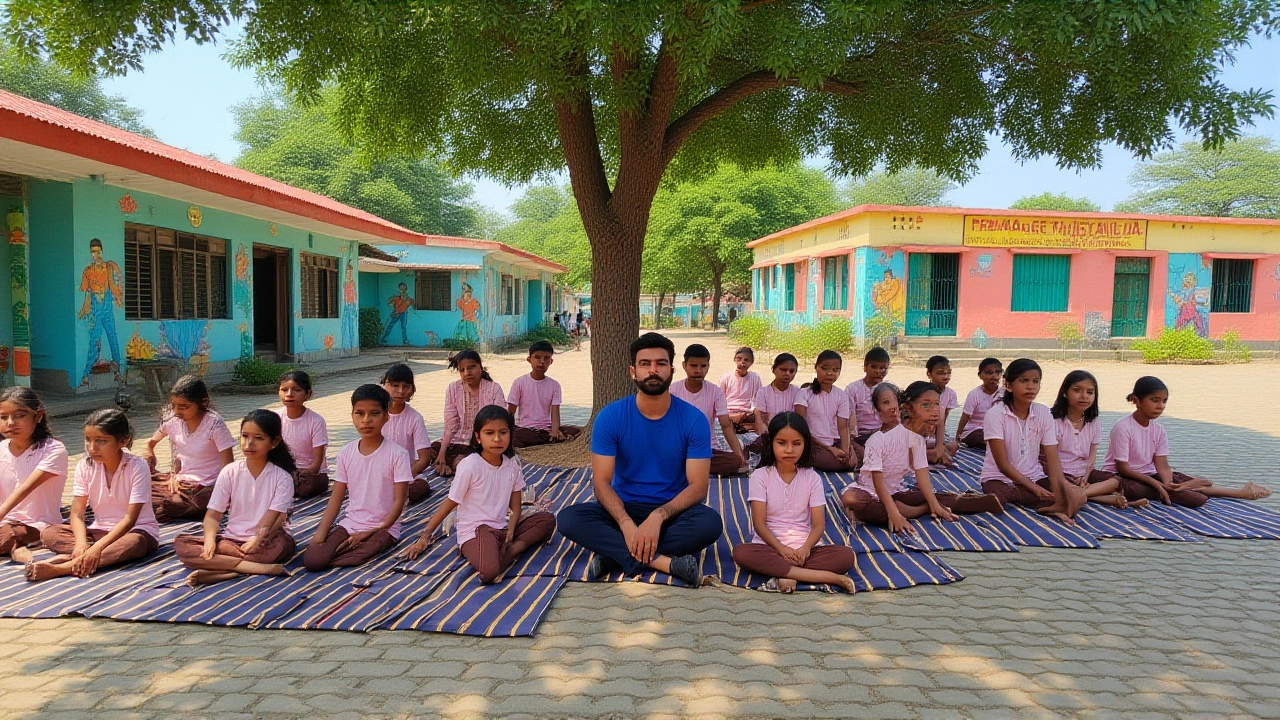Ministry of AYUSH – Your Guide to India's Traditional Health Hub
When working with Ministry of AYUSH, the Indian cabinet department that regulates traditional systems of medicine, also known as AYUSH, it oversees Ayurveda, Yoga, Unani, Siddha and Homeopathy. In plain terms, it creates policies, funds research, and runs education programs that keep these age‑old practices alive in modern India.
One major reason the Ministry matters is its push for integrated health care. By linking traditional medicine with all‑opathic hospitals, AYUSH creates a bridge that lets patients choose from a wider toolbox of treatments. This bridge is supported by three core actions: (1) setting quality standards for medicines, (2) accrediting training institutes, and (3) launching nationwide awareness campaigns. The result is a growing acceptance of Ayurveda and Yoga not just in villages but also in corporate wellness programs.
How AYUSH Shapes Policy, Research, and Public Health
AYUSH policies require substantial research funding because evidence‑based validation is the linchpin of credibility. The Ministry allocates budget to universities and research councils to study the efficacy of herbal formulations, yoga‑based stress reduction, and Unani diagnostic methods. This funding → higher scientific output → greater public trust forms a clear semantic triple that drives the sector forward.
Traditional medicine also influences public health outcomes. When the Ministry promotes yoga for hypertension control, hospitals report fewer admissions for heart‑related issues. Likewise, state‑run Ayurvedic clinics provide affordable chronic‑disease management, reducing the burden on over‑crowded allopathic hospitals. These cause‑effect links illustrate how AYUSH directly contributes to national health goals.
Another key player in this ecosystem is the regulatory body that approves herbal drugs. It works hand‑in‑hand with AYUSH to ensure that production follows Good Manufacturing Practices, which protects consumers and boosts export potential. This partnership shows that the Ministry doesn’t operate in isolation; it needs industry standards, academic research, and community outreach to function effectively.
Beyond health, the Ministry’s initiatives touch education and tourism. Ayurvedic retreats and yoga ashrams attract international visitors, turning traditional knowledge into economic engines. Schools that include yoga in their daily routine report better concentration among students, demonstrating the Ministry’s reach into everyday life.
All of these strands—policy, research, regulation, education, and tourism—create a network that the Ministry of AYUSH continuously weaves together. Below you’ll find a curated collection of posts that dive deeper into these topics, from the latest government announcements to practical tips for integrating traditional practices into your routine. Let’s explore how each piece adds to the bigger picture of India’s evolving health landscape.
On Oct 10 2025, a yoga session organized by the Ministry of Social Justice’s CRC in Babhani, Sonbhadra, brought together 150 students and teachers to promote mental well‑being.

 Government & Politics
Government & Politics